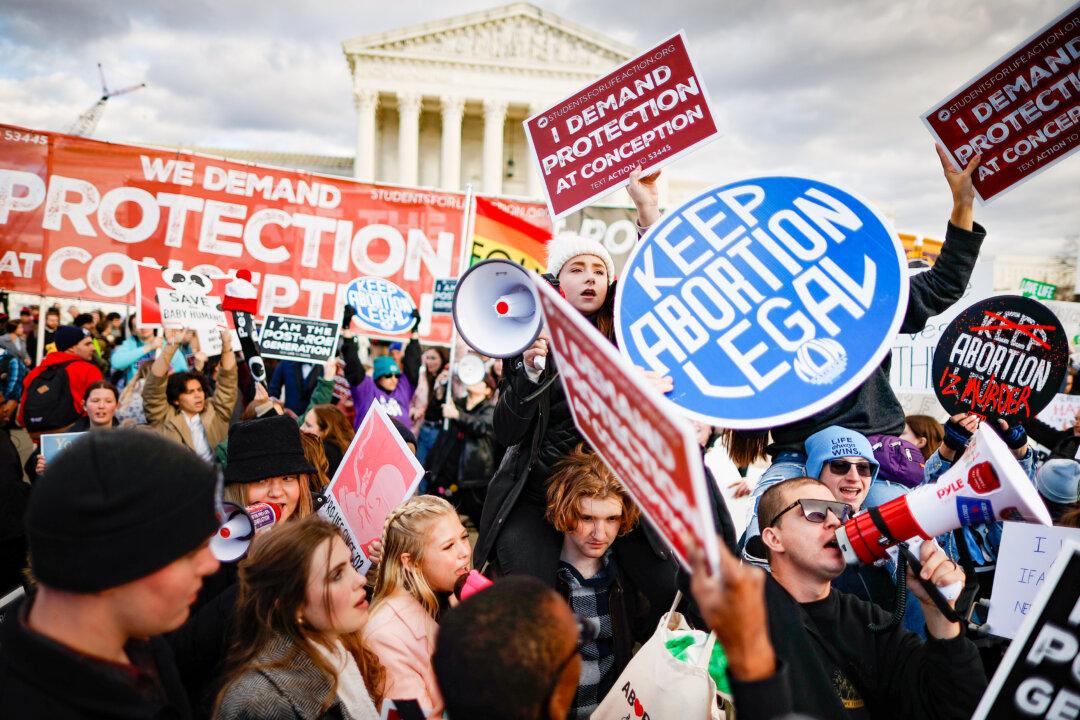The same day Issue 1 fell through in Ohio, seen as a loss-by-proxy for the pro-life movement, abortion advocates in Arizona announced the creation of a political action committee to put abortion as a constitutional right on the state ballot.
“Thousands of Arizonans will power this grassroots effort to not only pose this question to voters, but ensure it passes next November,” Dr. Candace Lew, chair of the new PAC Arizona for Abortion Access, said in a statement.





